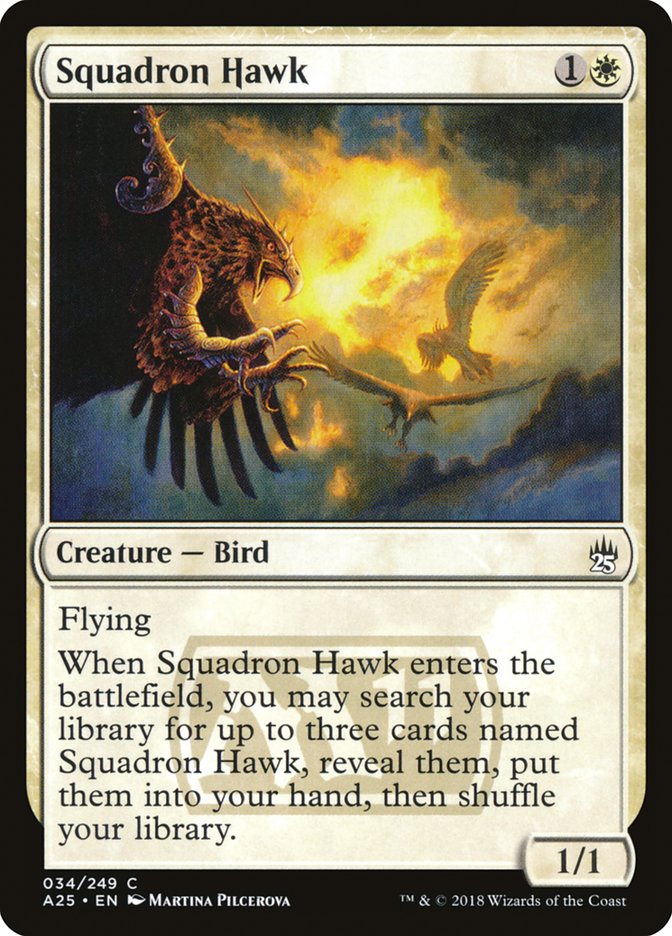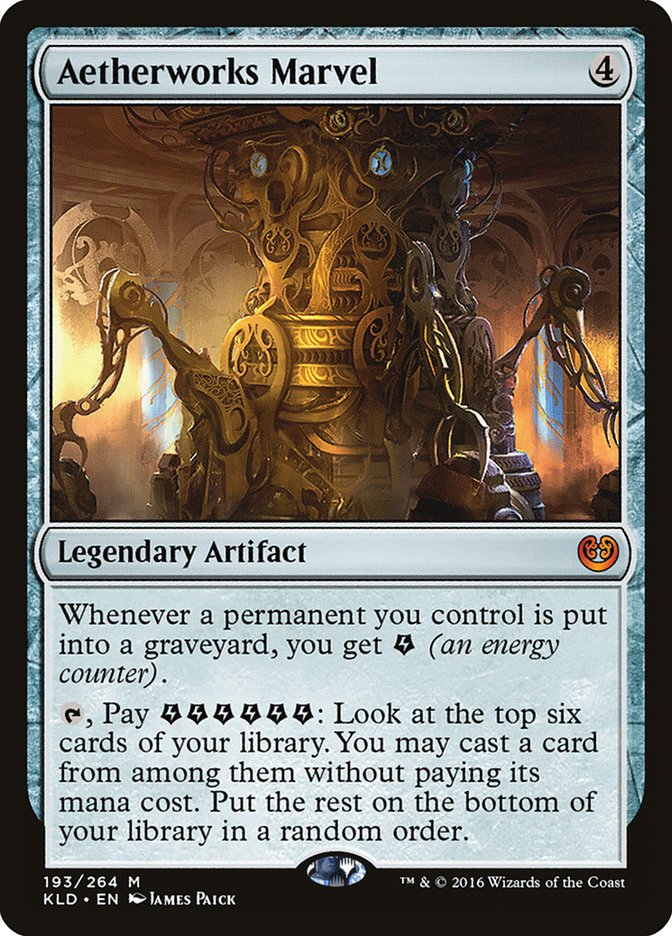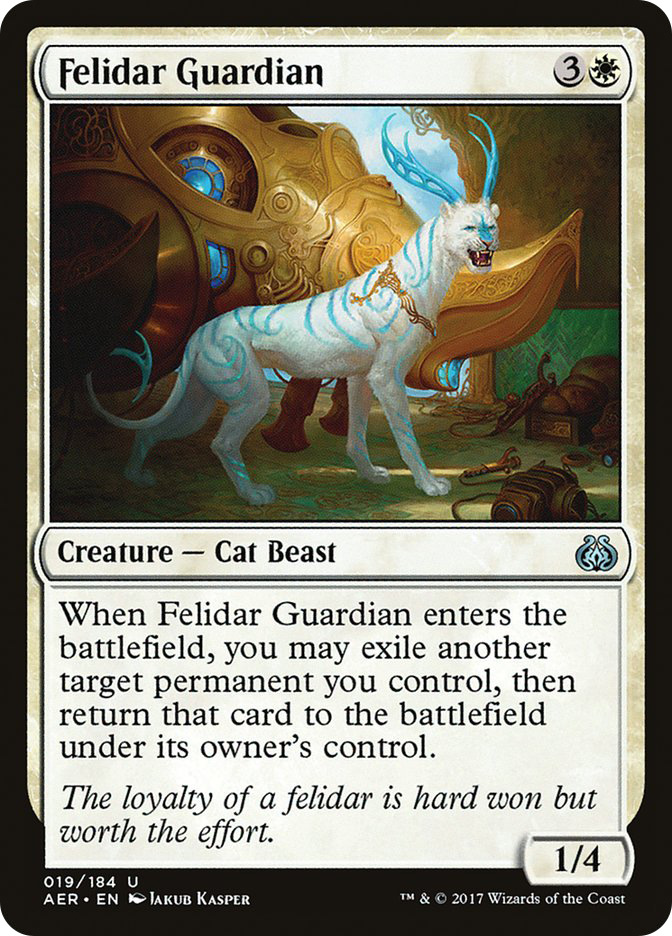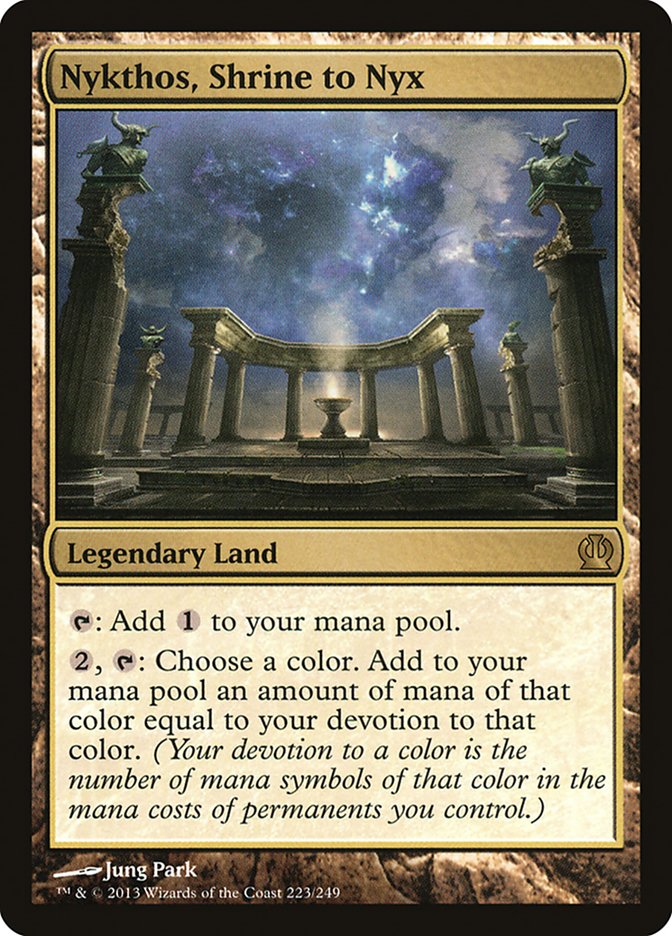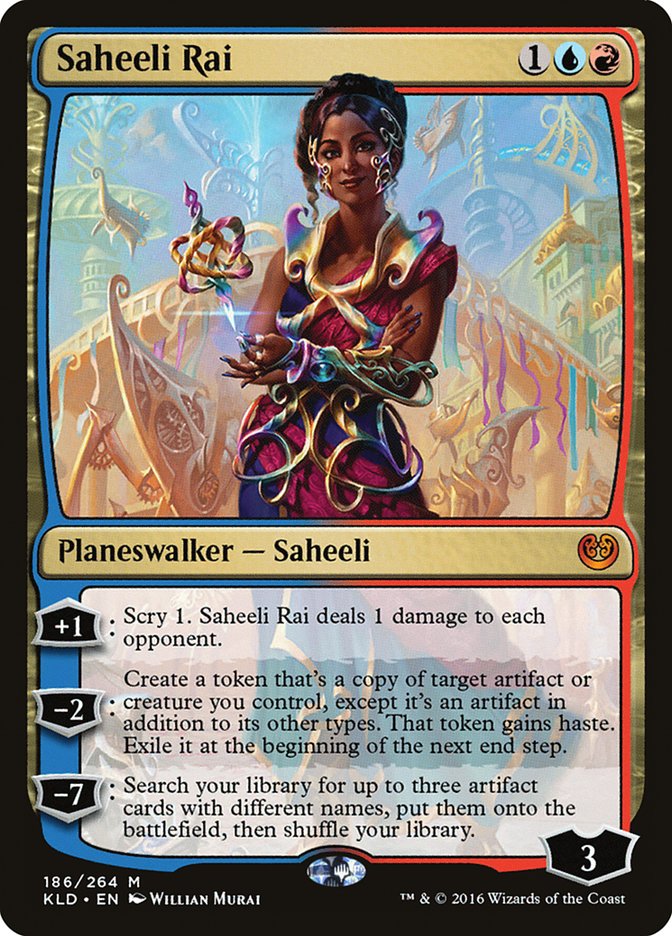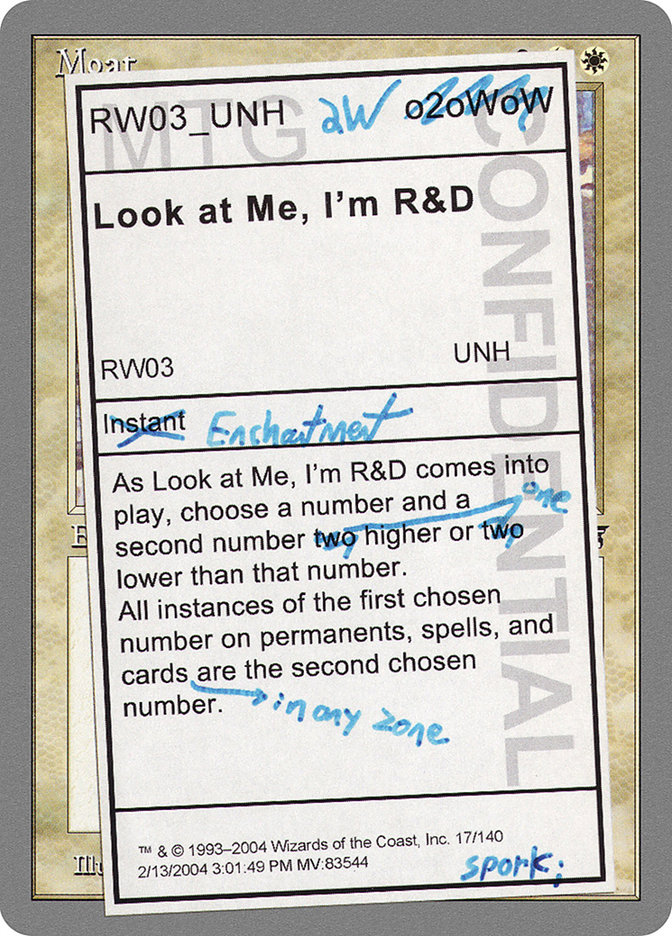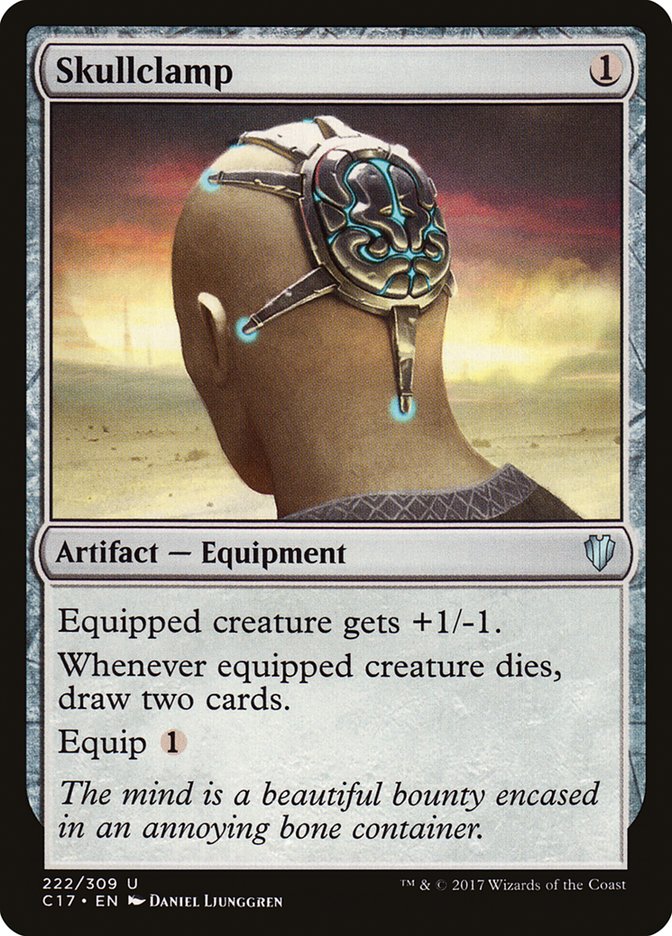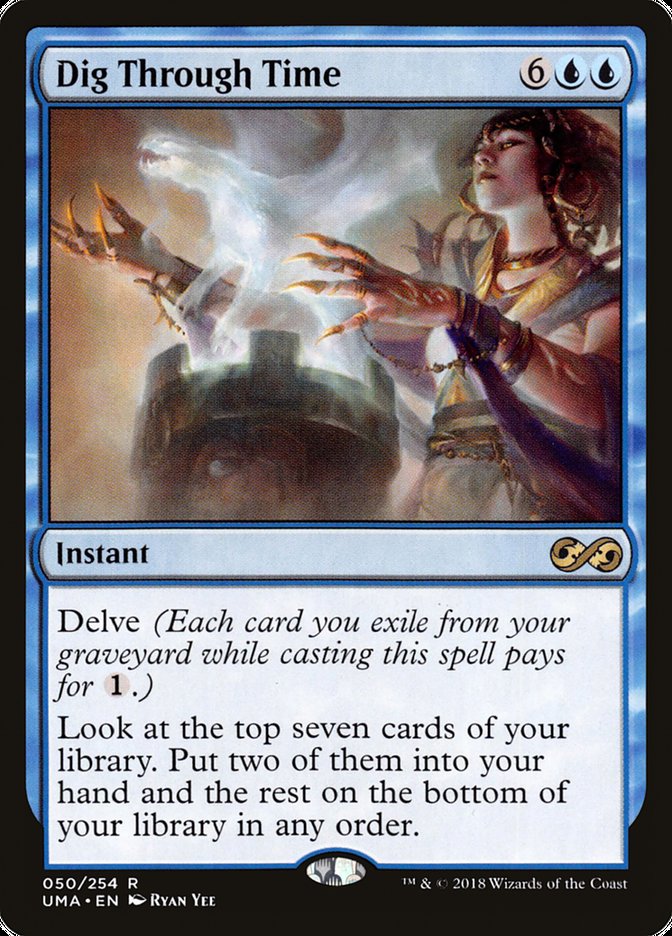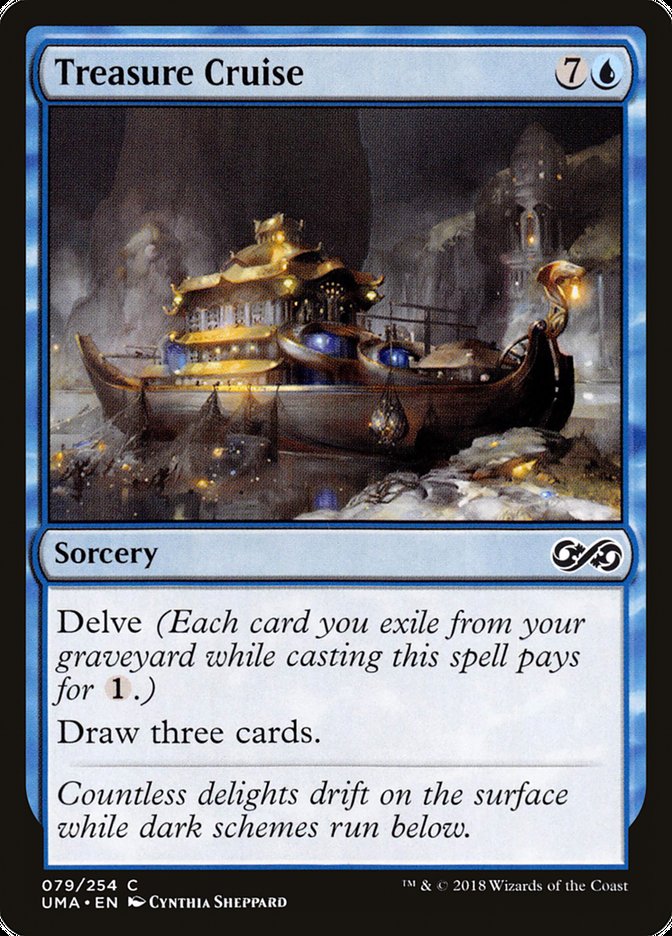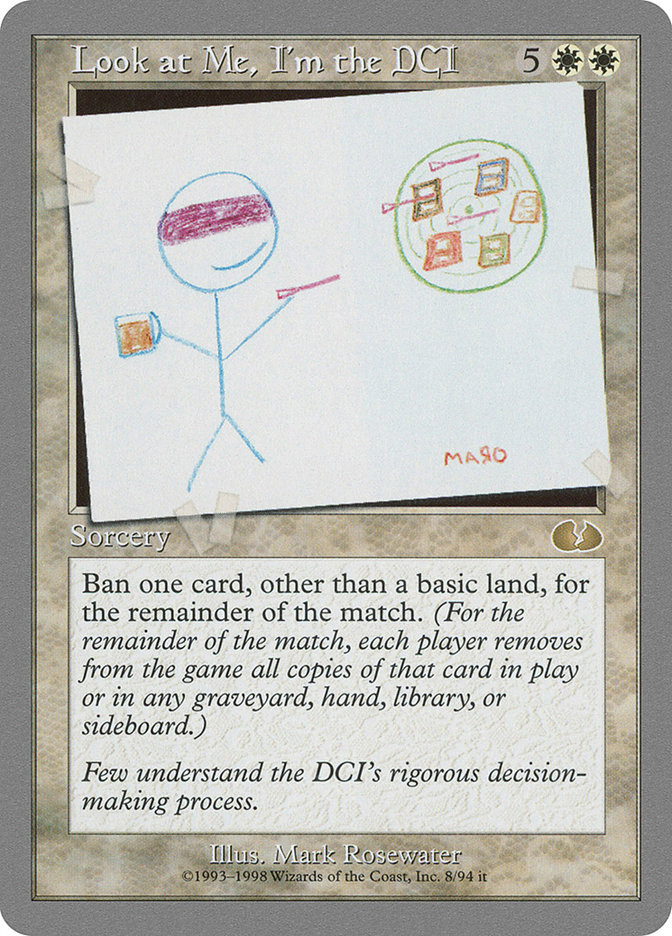Most of us have been heavily involved in the Banned and Restricted discussion in the last month or so. Whether you’re active on social media, chatting with fellow competitors, or creating content, this topic is a hot one. It has become so bad in the competitive Standard scene that most folks down in Research & Development have found a nice plot of sand to bury their head in until the inevitable ban of Oko, Thief of Crowns takes place. Unfortunately for me, this won’t occur until after the Mythic Championship this weekend in Richmond.
This Standard format pales in comparison to the Caw-Blade era, as I predict that 70% of the field chooses to utilize some version of Simic, while the outliers cling to their wackier alternatives. For the first time in recent memory, I will also pick up the Elk and Food to do battle with my professional colleagues. I made it clear that Oko, Thief of Crowns had to join Field of the Dead to create a healthy Standard but knew they would go against the odds to keep the prized mythic legal.
With all this nonsense taking place, Pioneer is the place to be. Wizards of the Coast made it clear that they would aggressively ban cards in the newest format; however, they were very vague on the frequency until recently. Aggressively banning insinuates a collection of data, removal of format-warping elements, and then rinse-and-repeat until they are satisfied with the result. This process would typically involve a heavy dose of tabletop play, which is the most competitive form of Magic by miles. A few friendly Magic Online Leagues, a PTQ with some grinders that are looking for that glimmer of MPL hope next year, and a handful of other digital events over a weekend don’t provide enough data to make any decision on a brand-new format.
We’re all very aware of dangerous decks that dominated Standard and it makes perfect sense to aggressively ban those out of Pioneer if they repeat their crimes. Cards like Aetherworks Marvel and Felidar Guardian were poisonous to their respective Standards, so I would immediately expect management to keep a close eye on them. This is a less extreme route than that of Modern, where they crafted a Banned List before a match was played. This turned out to be a mistake, as the power level of these previous format spoilers drops tremendously as other sets are added to the mix.
Little by little, cards have been released from Modern jail, and each time they have had minimal impact on the format. This is not to say that some of these cards would easily get removed as fast as they were added, but there are clear criteria on what makes them incapable of getting along with others. In order of importance, these are the health-warping traits that should be monitored closely in Pioneer moving forward.
Fast Mana
The most egregious format violators are those that speed the game up to an unnatural level. This is a recurring issue in Magic, where we have card after card accelerating an opponent to a pool of mana in the early game that should require more elbow grease. Phyrexian spells, Chrome Mox, Mox Opal, Seething Song, the Urzatron, and the list of shame goes on: anything that gives the player an embarrassment of mana wealth, relatively free, hurts most formats.
Aggro decks thrive on the cheap spell monopoly, midrange decks attempt to counter that strategy by adding some beef, and control scrapes to stay alive to drop engines of victory in the late-game. Sprinkle some combo in there that requires a little setup, and you have yourself a healthy format. The existence of fast mana options hurts the balance and Pioneer should be free of it. That’s why the banning of Leyline of Abundance is a huge head-scratcher to me.
After reading this week’s Fact or Fiction, Patrick Sullivan makes these points elegantly as usual. Allowing the format to breathe a bit, gather some real data over a decent stretch of time, and then begin the aggressive banning would be the wisest course of action. If WotC is adamant about a weekly announcement, hitting Leyline of Abundance over Nykthos, Shrine to Nyx makes no sense to me. The epicenter of an unfair boost of mana in Pioneer is this land, with or without the silly enchantment. It is likely that the format will easily evolve past a basic Devotion strategy, making the decision premature at best.
Two-Card Combo
The second bannable trait is belonging to a two-card combo. This immediately places a target on the back of one of the pieces, especially when the combo can happen in the early-game. Splinter Twin took a while to get the axe, which was due to the diversity that Modern enjoyed even with a deck like that floating around. I don’t want to steal the thunder of the next category too much, but this ties directly to flattening some other options in the metagame.
When there is a combo deck that will kill you consistently on Turn 4 with a flash creature the turn prior, that eliminates a plethora of decks to choose from. Decks without Instant-speed answers were out of the question, and even then, it was still too tough to take down consistently. The best part about Splinter Twin was the control element that exists in a deck like that, as it can easily control the battlefield while waiting for the combo piece to arrive. In come Felidar Guardian and Saheeli Rai, the next iteration of the Splinter Twin combo from Standard a few years ago.
This combo was format-warping in Standard and ended up getting banned after a few months of misery. When these exist in older formats, there are some additional ways to combat them. When a two-card combo takes you out on Turn 4 in Standard, things have gone terribly wrong. There was an honest admission that mistakes were made in development and I want to make it clear that I respect the job that the hard-working team does out there in Seattle. Developing thousands and thousands of cards that interact with the previous thousands of cards created is no small task. Keeping things fresh, exciting, and balanced is no easy task and I accept that some unfortunate things make it through the assembly line.
Since Felidar Guardian was a mistake then, it’ll be a mistake now in Pioneer. This was a necessary ban that most knew were coming and I don’t think additional weeks of data would overturn that judgment. The smart authors on this website and I agree that it needed to go and falls directly into the two-card combo category that has broken the game on multiple occasions. Even formats like Legacy have been hit by a Flash Hulk combo and it derailed both tournaments it was legal in.
Homogenous Decks
The third symptom of a flailing format is homogenous deckbuilding, which really means everyone is playing the same thing. There is an indisputable best deck or card, everyone uses it, and the format is a bunch of the same against subpar attempts to beat it. This is happening right now in Standard with Oko, Thief of Crowns. Not only is this a prime example of one card commanding the competitive masses to build around it, it is the worst I’ve seen in the history of the game.
Even when Skullclamp was running amok at the beginning of my professional career, I was able to build a sweet control deck using it and Decree of Justice, landing in the Top 8 of an eleven-round Regional tournament. Other folks were on Affinity, there was Urzatron, random Ponza decks, and various control decks. Nearly each of these had Skullclamp, making it problematic and requiring a ban after that U.S. Nationals tournament, but it still didn’t reduce the format to one viable strategy like today.
Trying to use bannings to create deck diversity is one of the trickiest jobs Wizards must look forward to. Squashing one enemy of the format usually causes another to pop up. We all knew removing Field of the Dead wasn’t enough to get the format back to good health and most of us believe removing Oko, Thief of Crowns is the final piece to that puzzle. Even though I’m part of that group of believers, I can’t be sure. As far as Pioneer goes, this is where the aggressive bannings needs to come to a screeching halt.
Removing Dig Through Time and Treasure Cruise would be a giant mistake without first seeing how the format looks in paper Magic. Determining these types of bans, removing cards that are just good, requires heavy vetting, which hasn’t happened yet. I fully trust the team of playtesters to get the ball moving on the format health of Pioneer, but we need the professional community to attack it head-on and provide the full stress test. Glancing over the 5-0 lists, checking out written content, and seeing some tournament results from last weekend gives me a faint sketch of a format that has just begun to flourish. We will not have the full painting completed until the Invitational, some MagicFests, and additional content happen on the subject.
This brings me to the end of my banning model. I have been known for lighting the torches and sharpening the pitchforks to fight for format changes, my crusade for Jace, the Mind Sculptor and Stoneforge Mystic, and against Faithless Looting and graveyard nonsense. These have felt like recent developments, but most of it spanned multiple years, fighting to get cards removed from an antiquated Banned List that should have had some additional vetting before created. We are facing the opposite dynamic now and it is hurting the game.
I can safely say that most avid players are over the banning drama. A level of fatigue kicks in when every day carries a grievance against a card, which is the environment that this aggressive banning announcement creates. Having this occur every Monday is arbitrary and poorly thought out. Not only does this obliterate the secondary market, one that Wizards is accused of not caring about, but it also tanks player confidence. The notion that the owning company doesn’t care about players having their entire deck banned is ludicrous. They may not care about the money that each player forfeits with their decision, but they absolutely care about those players walking away from the game completely. This is the reason they make those decisions to resuscitate older formats, because they want to keep their player base happy and buying product.
The biggest downfall of these weekly bannings is the chance of error due to the minimal data collected. As they make these big decisions on a format that the public has already dove into, they must be mindful that a new deck may take six of eight slots in any given tournament. That is because Todd Anderson was winning with it, wrote about it, and streamed it. This doesn’t mean the deck is a dominant force, merely that it gained the publicity required to make a splash. In order to make appropriate, data-driven decisions in good faith, this announcement needs to be revoked. Aggressive bannings are understandable for any aged format with no rules, but it should be based in analytical facts, not the hot deck of the week.


